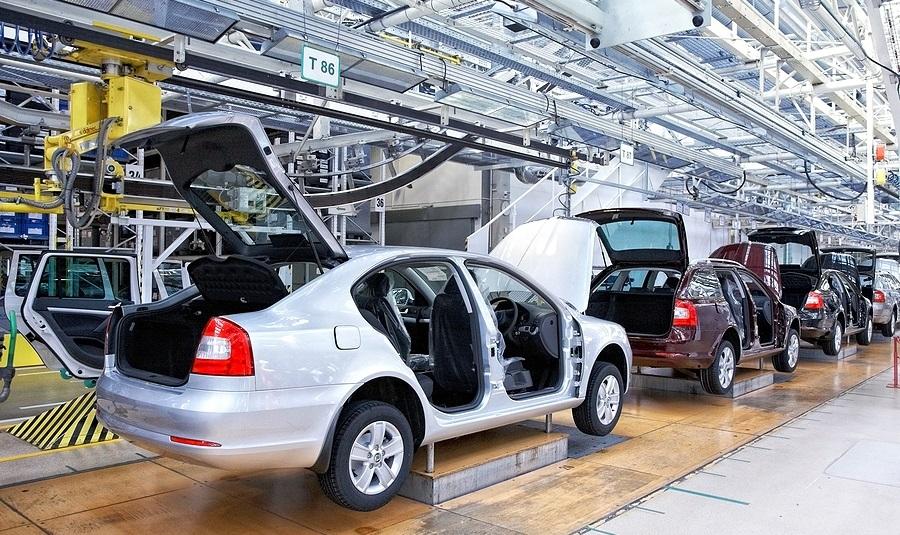Analysis

August 27, 2015
UAW Contract Expiration Three Weeks Away
Written by Sandy Williams
United Auto Workers negotiations are nearing the contract expiration date of Sept. 14. The biggest issue this year is closing the gap in the two-tier wage structure at Detroit’s Big Three automakers.
The two-tier system was established in 2007 to help auto manufacturers remain competitive with foreign counterparts. Tier 1, or legacy workers earn about $27 per hour while entry level Tier 2 workers make up to $19.28 per hour. Tier 1 workers have not seen pay raises in eight years.
UAW President Dennis Williams says the system is no longer needed and causes rifts between employees who are paid differently for the same work.
“We’ve made sacrifices, and we feel it is our time,” Williams told journalists at Solidarity House in Detroit in June. “We will bridge that gap. We are going to find a way.”
WardsAuto sources say that the Detroit Three will push for a wage cap below $28 and will resist the UAW calls for annual pay raises in favor of pay increases through profit sharing.
Bonuses at FCA are well below those of workers at Ford and GM and may spur increased contention in the negotiations. During the current contract FCA employees received about $16,500 in bonuses and profit sharing before taxes, compared to $43,200 at Ford, and $39,250 at GM. More than 40 percent of FCA workers are in the lower paid second tier and rely heavily on bonuses and profit sharing.
This is the first year since 2007 that UAW members will have the right to strike. In 2007 the unions agreed to a five-year no strike clause as part of bankruptcy processes at GM and Chrysler. Autoworkers have been told to prepare for a strike but Williams says he would prefer to negotiate at the bargaining table. A strike vote was taken earlier in the month at GM and FCA as a procedural precaution.
“I never go into a negotiation without being prepared,” said Williams, adding, “We believe we can get through collective bargaining without a confrontation.”
UAW activists are not as complacent, suggesting that the union has more leverage in this round of negotiations and that the need for additional concessions is over.
“We’re their piggybank. Even a 1-day strike would do two things. First, it would embarrass the corporations and second it would cut into their profits,” says George Windau, a committeeman from UAW Local 12 at FCA, in a WardsAuto interview.






